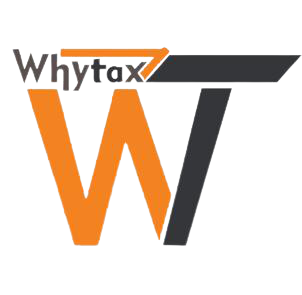The Input Tax Credit (ITC) mechanism lies at the heart of the Goods and Services Tax (GST) regime, ensuring a seamless flow of credit to avoid cascading tax. However, the benefits of ITC are not unfettered. Under Section 16 of the Central Goods and Services Tax (CGST) Act, 2017, certain stringent conditions are imposed to regulate ITC claims.
Among these, Section 16(2)(c) has triggered widespread litigation and taxpayer concerns. This provision stipulates that ITC can be availed by the recipient only if the tax charged on the supply has actually been paid to the Government by the supplier. This requirement has, over time, placed undue burden on genuine buyers — particularly in cases where the supplier defaults or vanishes after issuing a valid tax invoice and receiving payment.
✅ Section 16(2)(c) – A Double-Edged Sword
Condition for Availing ITC:
The tax charged in respect of such supply has been actually paid to the Government, either in cash or through utilisation of input tax credit admissible in respect of the said supply.
This provision links the buyer’s eligibility to claim ITC with the supplier’s compliance behavior. Despite the buyer having no control over the supplier’s tax remittance, the department has often invoked this clause to demand ITC reversals.
✅ Section 73 & 74 – Recovery Mechanism
Where ITC is wrongly availed or utilized, proceedings under Section 73 (non-fraud cases) or Section 74 (fraud or willful misstatement) are initiated, often resulting in reversal of ITC, along with interest and penalties.
Important Judgments
1️⃣Himalaya Communication Pvt Ltd v. Union of India (HP High Court)
The court said: Just because the supplier’s GST registration was cancelled later doesn’t mean ITC should be denied, especially if the transaction was genuine.
2️⃣Y. Beathel Enterprises v. STO (Madras High Court)
The court said: Action should first be taken against the supplier who didn’t pay tax. Buyers shouldn’t be punished without checking if the supplier really defaulted.
3️⃣LGW Industries v. Union of India (Calcutta High Court)
The court supported the department, saying that ITC conditions must be strictly followed and it’s the buyer’s responsibility to ensure compliance.
4️⃣Trendships Online Services Pvt Ltd v. Commissioner (Allahabad High Court)
The court denied ITC to the buyer, saying that the buyer couldn’t prove that the supplier paid the tax. So ITC was reversed with penalty.
Practical Challenges Faced by Buyers
| Problem | Description |
| 🕵️♂️ No visibility | Buyers cannot verify in real time if the supplier has paid tax |
| 📄 GSTR-2B Limitations | Reflects GSTR-1 invoices, not actual tax payment in GSTR-3B |
| 🧾 False Sense of Security | ITC in GSTR-2B doesn’t guarantee supplier has paid GST |
| 🤝 MSME/Small Vendor Risk | Many small vendors are irregular in filings |
| ⚖️ Legal Burden | Buyers are expected to ensure supplier’s compliance, which is beyond their control |
